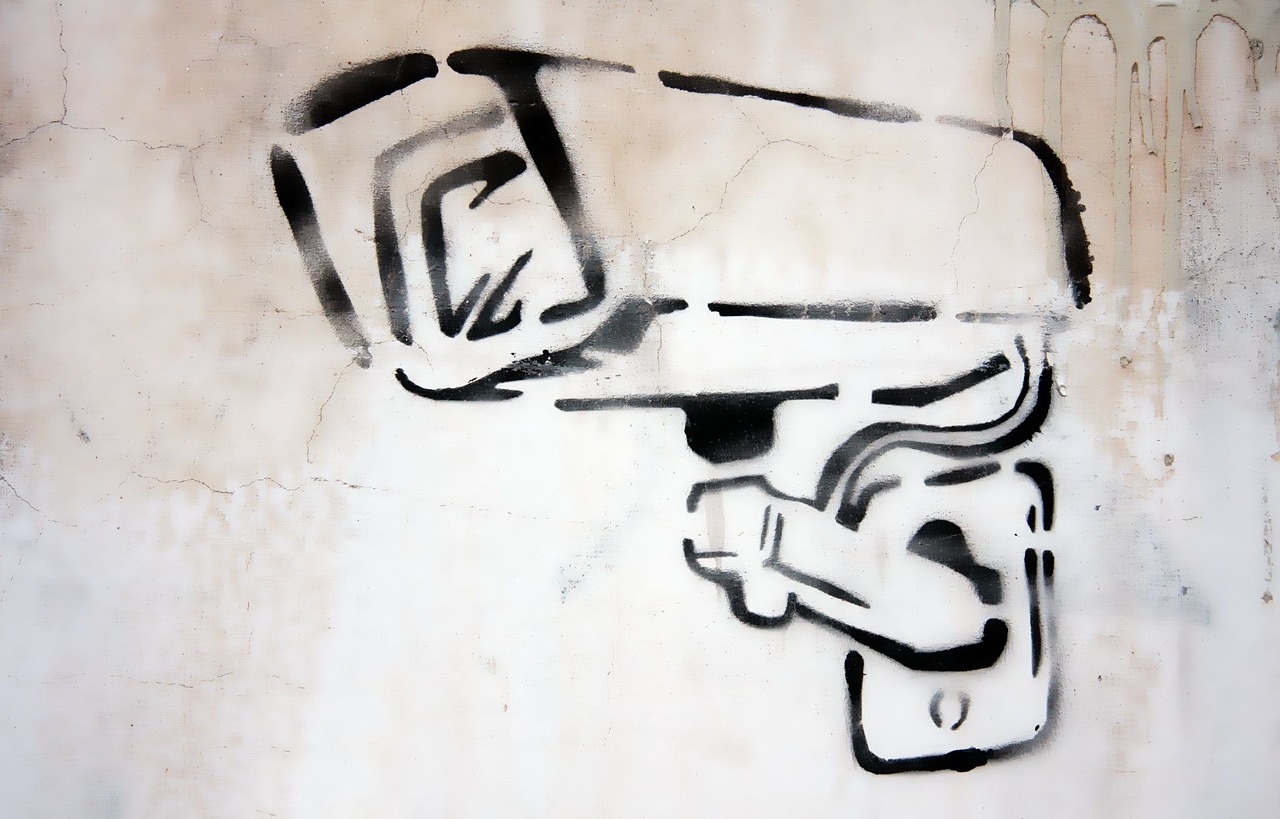
Going for the gold in the competitive better-late-than-never category, the British House of Commons has approved legislation to ban the use of Chinese-brand security cameras in government buildings and military bases. The new law must be approved by the House of Lords before it can take effect.
Andrew Macaskill of Reuters reports (September 13, 2023):
The new law that sets government procurement rules comes at a time of anxiety about China after it was revealed at the weekend that a parliamentary researcher in Britain was arrested in March on suspicion of spying for China….
The news of the arrest of the parliamentary researcher, who denies being a spy, has led to calls by lawmakers for a tougher stance on China. The Chinese foreign ministry has called the spying claims “entirely groundless”.
British lawmakers have called for a ban on the sale and use of security cameras made by Hikvision and Dahua, two partly state-owned Chinese firms, over privacy fears.
Hikvision and Dahua protest their innocence. But they can’t be innocent of operating in China, of being “partly state-owned,” and of having to answer to the Chinese Communist Party.
Whether China could use this kind of technology to remotely spy has been asked before. Yes. And if they could, they would.
In 2016, John Honovich, founder of IPVM.com, argued:
The Chinese government absolutely has Hikvision’s source code because Hikvision is the Chinese government, reporting to CETHIK, which reports to CETC, which is the Chinese government’s information technology division.
Backdoor typically means a way to access a device without authentication. Given the Chinese government knows the source code, I would think it is reasonable that they know a way to access Hikvision devices without authentication….
Typically Hikvision cameras come preloaded with EZVIZ / Hik-Connect software, which is designed as a home / SMB [small and medium business] cloud offering, not for government access. Could it be accessed by the government if they so wanted? I assume so.
IPVM has investigated the use of surveillance technology in China, including how China-based tech firms have developed face-recognition technology used to surveil the Uyghurs.
Domestic and international surveillance is a high priority for China, and technology has only improved since 2016.





